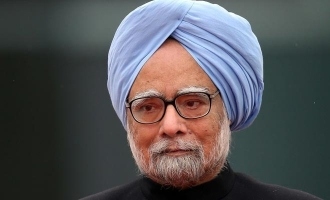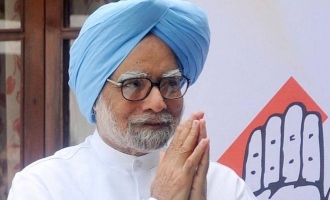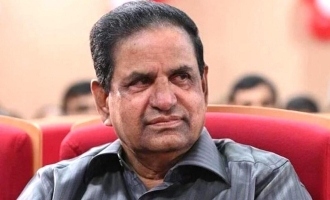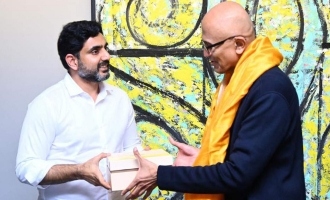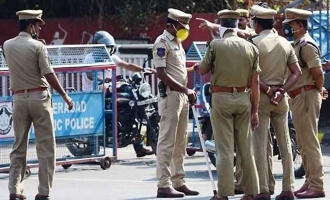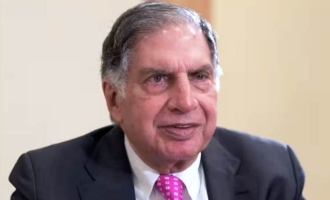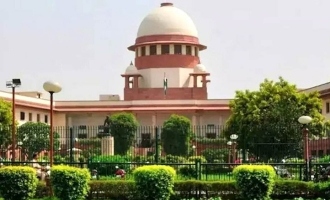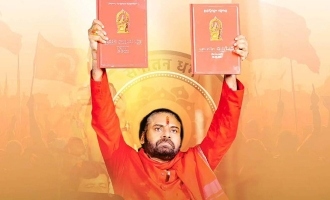Relief for Sadhguru: Supreme Court shuts down the case


Send us your feedback to audioarticles@vaarta.com


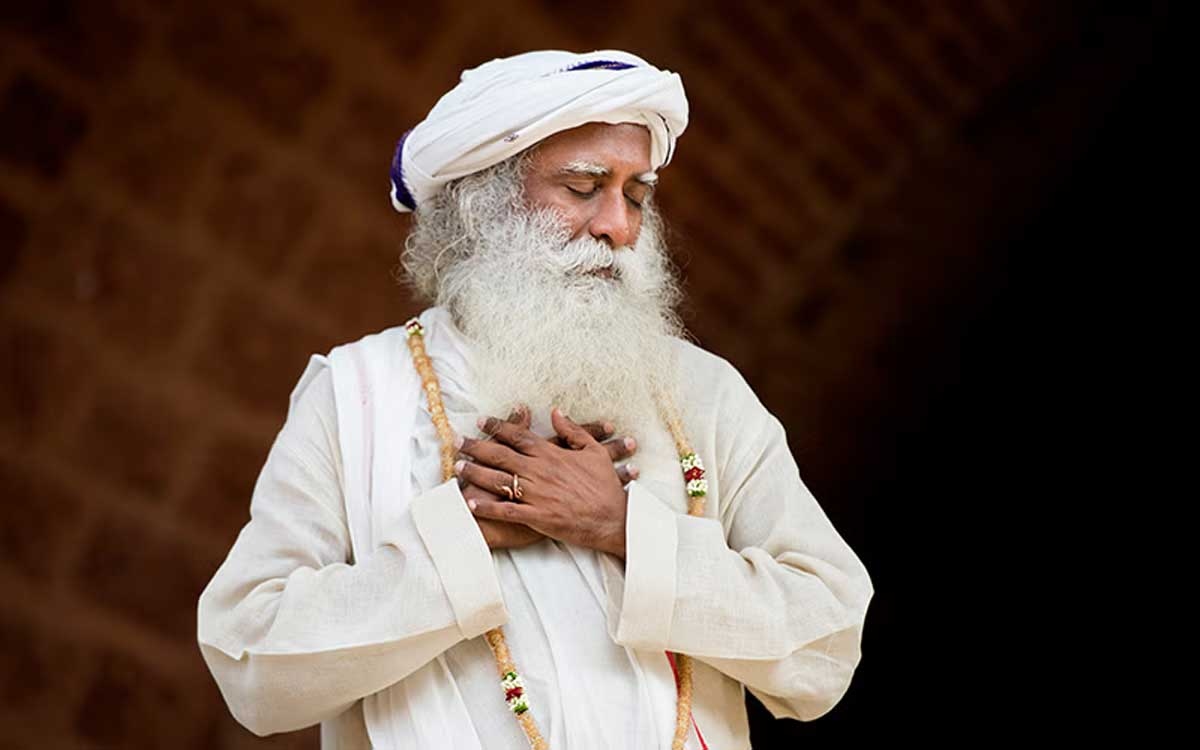
In a significant legal ruling, the Supreme Court of India on Friday dismissed a habeas corpus petition alleging illegal confinement at Sadhguru Jaggi Vasudev's Isha Foundation. The court determined that the two women at the center of the case were residing at the ashram voluntarily and were not being held against their will.
Chief Justice D.Y. Chandrachud criticized the Madras High Court's earlier order for a police inquiry, emphasizing that such proceedings should not be used to malign individuals or institutions without credible evidence. The Chief Justice noted that the women had freely chosen to stay at the ashram and had participated in public events while maintaining contact with their families.
The case had been initiated by the parents of the women, who claimed that their daughters were being "brainwashed" and held captive at the Isha Foundation's ashram in Coimbatore. However, the women's statements during the Supreme Court proceedings confirmed their voluntary choice to live there.
The court's decision brings closure to a case that had raised concerns about the Isha Foundation. While the Supreme Court dismissed the habeas corpus petition, it clarified that it would not interfere with any ongoing police investigations into other matters related to the foundation.
Key Points:
- Voluntary Stay: The women confirmed their free choice to reside at the ashram.
- Criticism of Madras High Court: The Chief Justice criticized the earlier order for a police inquiry.
- No Evidence of Coercion: The court found no evidence to support the claims of illegal confinement.
- Ongoing Investigations: The Supreme Court clarified that it would not interfere with other police investigations.
The Supreme Court's ruling provides a significant precedent for cases involving allegations of involuntary confinement at religious or spiritual institutions. By upholding the women's voluntary choice and dismissing the allegations of illegal confinement, the court has reinforced the importance of individual autonomy and the right to choose one's lifestyle.
Furthermore, the court's criticism of the Madras High Court's order serves as a reminder of the importance of judicial restraint and the need to avoid making unfounded allegations that can damage the reputation of individuals and institutions. The Supreme Court's decision underscores the importance of conducting thorough investigations based on credible evidence and avoiding hasty conclusions.
In conclusion, the Supreme Court's ruling in this case has significant implications for both legal and social discourse. It reaffirms the principles of individual freedom and autonomy, while also highlighting the importance of judicial responsibility and the need to avoid unfounded allegations. The case serves as a valuable precedent for future cases involving similar allegations and underscores the importance of conducting thorough investigations based on credible evidence.
Follow us on Google News and stay updated with the latest!
Comments
- logoutLogout

-

Devan Karthik
Contact at support@indiaglitz.com




 Follow
Follow







